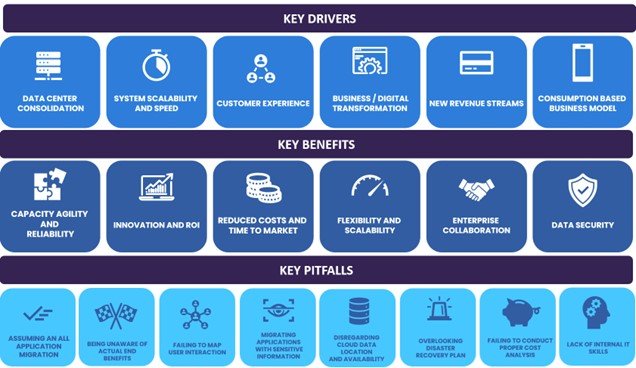Recruitment
AI is creating job anxiety for accountants: how can businesses tackle this?
The development in technology, including the rise of artificial intelligence (AI), machine learning (ML) and robotic process automation (RPA), is creating a sense of panic within the industry suggests Alan Myers, Regional Director and accountancy recruitment expert at Reed.

Research shows that 45% of small companies, and over half of midsize companies (57%) and large companies (58%), select cloud accounting over desktop alternatives. As a result, many traditional accounting roles, such as auditing and bookkeeping, are being phased out by automated processes.
Some will be glad to be rid of the mundane tasks, so they can focus more on the analytical, technical side. Others – especially those in more junior roles, however, are feeling the pressure and are worried about the longevity of their role. In this article, Alan Myers, Senior Regional Director and accountancy recruitment expert at Reed, explores how the accountancy industry can help alleviate some of the stress that comes along with the AI revolution.

Some key considerations for banks before and during cloud adoption

Emma Taylor
Senior Analyst in GlobalData's Thematic Intelligence Team specialising in disruptive technologies.
How AI is infiltrating accounting
Back in 2021, the accounting software market was predicted to become a £13.9 billion industry by 2026. Since then, technology has progressed a lot and changed the industry even more. AI has developed at a rapid pace, infiltrating many industries, resulting in accountancy professionals with specific systems skills becoming more desirable for employers.
This has resulted in a knock in confidence for those working in the industry, with only 30% feeling very confident that their job is secure, according to our 2023 Salary Guides survey. The accountancy sector is more vulnerable to digital transformation, with accountants being amongst the professionals whose careers are most at risk. Research has found that at least half of accounting tasks could be completed much faster with the right technology. On the other hand, a recent study revealed that 60% of accountants grapple with the challenge of using tech to automate administrative tasks due to budget decision-makers impeding technological investments.
The stress AI is causing businesses and employees
There seems to be quite a disconnect – AI is ready to take tasks away from those within the industry, but workers themselves aren’t necessarily ready for it. Mixed with the concern that technology will take their jobs away from them, a lot of people are looking elsewhere, towards different industries. Some may be showing signs of presenteeism – where employees are physically at work, but not mentally invested, resulting in a dip in productivity and overall job satisfaction.
This causes worries for businesses. The loss in productivity during a tough economic climate will mean an overall dip in revenue. At the same time, where AI can pick up some of the tasks, it’s also simultaneously creating new, more in-demand roles for those in the industry. For example, we are seeing increased demand for roles requiring a degree of technical competency, including financial accountants, statutory accountants and reporting accountants, but there are few candidates who specialise in these areas.
In fact, the shift towards AI is actually creating a widening skills gap in the accountancy sector, where there is an abundance of professionals whose roles can now be automated, but a shortage of professionals who possess data analytics skills to support this transition.
What can firms do?
A key part of solving this problem is for businesses to understand what new technologies are on the horizon and what they are willing to invest in and adopt. This will allow employees to unlock new, futureproofed skillsets – skills that oversee the work AI is conducting, as well as develop more technical knowledge to replace the skills gap that is widening due to the changing market.
Many accountancy professionals will want to take advantage of the benefits AI has to offer, such as alleviating the pressures of time-consuming tasks, taking the opportunity to evolve their day-to-day practice, and concentrating on more data-led consultative and strategic approaches. Rather than risking their job security and taking on a new role just for the higher salary, however, most job seekers are looking for career progression opportunities to grow their salaries naturally.
As a result, we’ve found that job support continues to be vital within graduate roles in the accountancy industry, with many working towards becoming chartered accountants. Most firms can offer this as standard for all employees, so funding resits and providing other additional benefits will always be a great selling point to attract talent. But there is also an opportunity for businesses to draw in potential candidates from other industries; by offering the chance for new talent to upskill in the industry, businesses can get fresh employees with the latest skillsets needed.